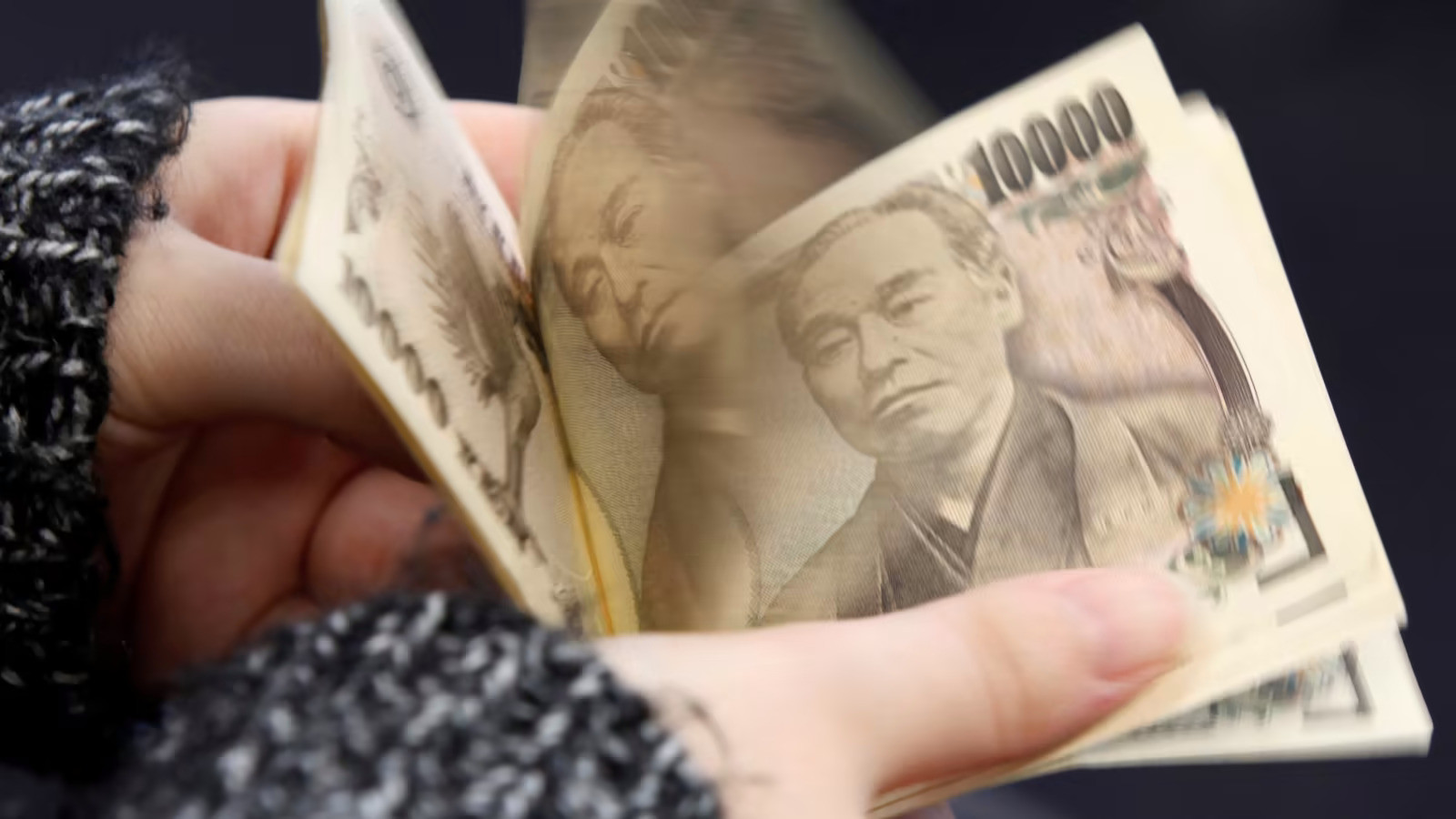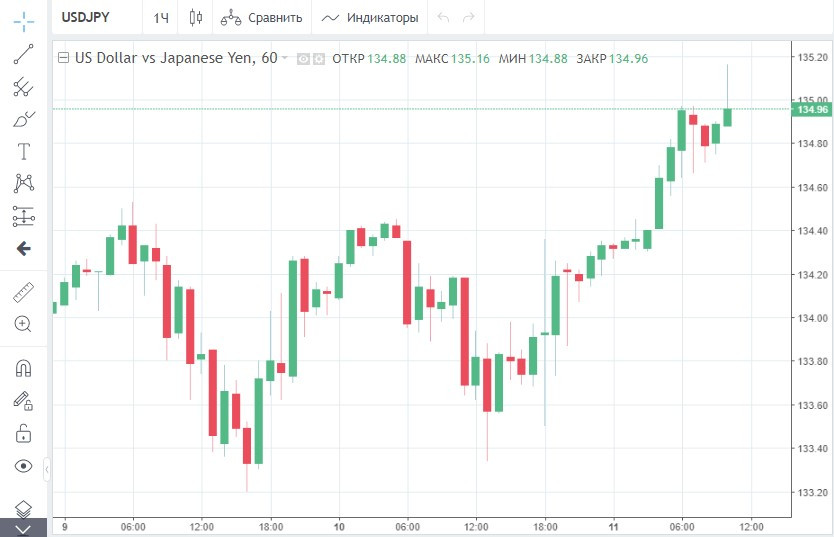
The Japanese yen has recently reached a 20-year low against the US dollar. Trading above 135 yen per dollar was an alarming sign for Japanese finance officials.
The yen keeps tumbling as the Bank of Japan's ultra-loose monetary policy differs greatly from the hawkish stance of its foreign counterparts.
Despite rising inflationary pressures, the Japanese regulator keeps the interest rate unchanged to stimulate the economy which was hit by the pandemic.
Unlike the BOJ, the American central bank is at the forefront of monetary tightening. The Fed is about to raise the rate for the third time this year.
Market expectations of more aggressive measures from the Fed have intensified after the inflation data was released on Friday.
The Fed is due to announce another rate hike this Wednesday. It is very likely that due to a rapid surge in consumer prices in May, the regulator will lift the rate straight by 75 basis points instead of 50.
Amid the inflationary shock and increased hawkish sentiment, US treasury yields got a boost, and the US dollar managed to strengthen across the board.
Pressured by these factors, the yen continued to decline against the greenback on Friday and hit a fresh 20-year low of 135.

Since the start of the year, the Japanese currency has lost almost 15% against its American rival. This is the worst performance among the basket of major currencies.
Moreover, the yen continued to depreciate against other major currencies. For instance, it tumbled to a 7-year low against the euro and the Australian dollar at the beginning of the month.
Such a strong depreciation of the yen made the Japanese officials and the BOJ issue a rare joint statement on Friday.
The authorities expressed concern over the sharp fall in the yen which intensified speculation over possible foreign exchange interventions.
At the start of the week, the Japanese government continued to discuss the response to the weakening yen. Chief Cabinet Secretary Hirokazu Matsuno said that "it's desirable for exchange rates to move stably, reflecting economic fundamentals. But there have recently been sharp yen declines, which we are concerned about."
"We are ready to respond appropriately as needed while communicating closely with each country's currency authorities," he noted.
Analysts warn that the further weakening of the yen has a mixed effect on Japan's economy. On the one hand, it hurts local households but on the other, it is good for supporting exports.
The latter poses a threat to other Asian economies that risk losing competitiveness of their exports.
 English
English 
 Русский
Русский Bahasa Indonesia
Bahasa Indonesia Bahasa Malay
Bahasa Malay ไทย
ไทย Español
Español Deutsch
Deutsch Български
Български Français
Français Tiếng Việt
Tiếng Việt 中文
中文 বাংলা
বাংলা हिन्दी
हिन्दी Čeština
Čeština Українська
Українська Română
Română

